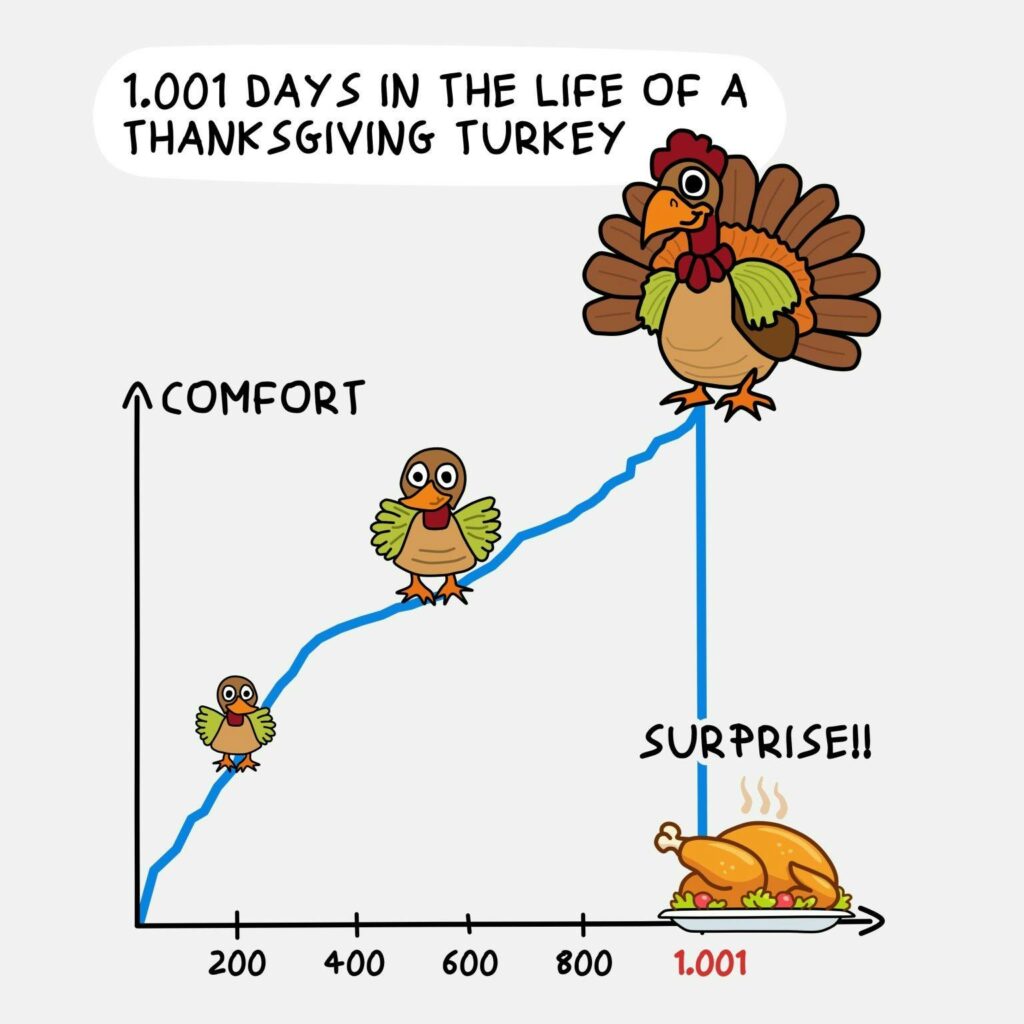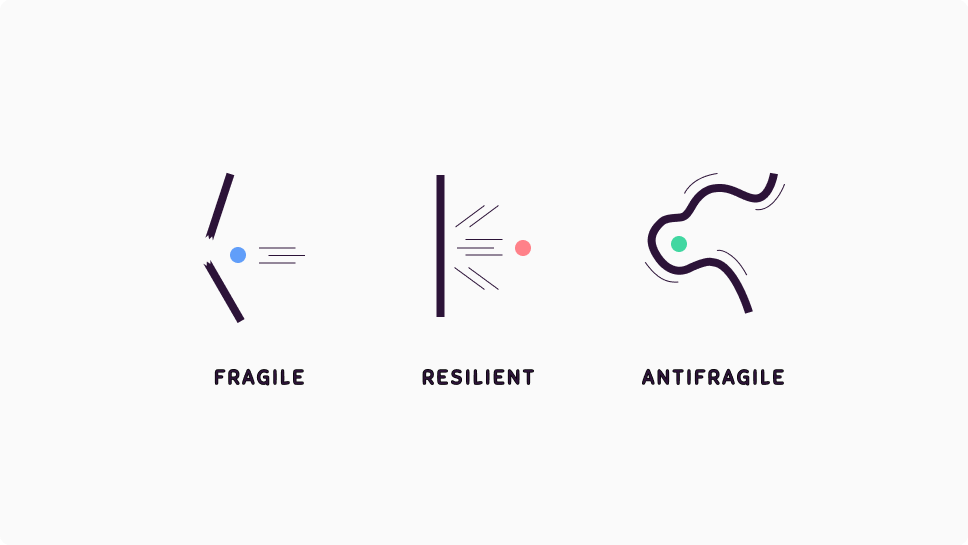There was once a turkey who hatched during a chilly winter morning. He was lucky to live in a cozy coop with his family, where there was always plenty of corn to eat and lots of other young turkeys to play with.
When spring arrived and he grew a bit, he and his turkey friends would frolic together in the farmyard. They always had enough food and a safe place to shelter. Sometimes, kind people would come to clean their coop, refill their corn supply, and check the fences to keep them safe from sneaky cats and foxes.
“We’re really lucky,” the turkey often said to his friends. “We have a great life – plenty of food, safety, and all the time to play.”
As summer turned to autumn and the days grew shorter and cooler, their comfortable life continued. The farmer would turn on the heat in the coop, keeping it warm so the turkeys could snuggle up comfortably after playing outside. And since it was getting colder, they rarely went outside and gradually got fatter.
The turkey kept telling his buddies, “How luck we are,” and they all agreed to rest during the cold winter months so they’d be ready to play again in spring.
Then Thanksgiving came.
This story is a reminder of how difficult it is for us to predict the future based on past events.
Whether it’s predicting the economy or just planning our everyday lives, we really can’t tell what’s going to happen next. And sometimes, what comes next might be totally different from anything before
Worst of all, disaster strikes the turkey at the very moment it has the most evidence that all is well.

This shows us that having a lot of good experiences or data doesn’t guarantee that things will stay safe or pleasant moving forward. Sometimes, the worst moments come right after everything seems perfect.
So, what can we do to avoid the Turkey Problem in our own lives? Well, we have two options:
- Resilience – this is about insulating ourselves from potential harms. For example, we might save a portion of our money in case we lose our job. Or we might keep emergency supplies at home in case of natural disasters. Resilience is about creating a buffer that helps us withstand unexpected shocks without major disruptions to our lives.
- Antifragility – this goes beyond just bounding back to actually benefitting from difficulties. For example, learning new skills not only make us more adaptable if our job situation changes but can also open up new career opportunities that weren’t previously considered. So, antifragility is about positioning ourselves in a way to benefit from life’s randomness and finding ways to turn adversity into opportunity.
In short, we can be more resilient to the immediate impact of unexpected events, while continually developing a level of antifragility so we can embrace these challenges (whenever they may happen) as an opportunity for growth.
By understanding that good times aren’t always a predictor of perpetual peace, and by actively preparing for the various scenarios that life might throw at us, we can protect ourselves and even thrive under unexpected conditions.
🎬 Latest Video
✍️ Article of the Week

The Disadvantages of an Elite Education
Our best universities have forgotten that the reason they exist is to make minds, not careers. Probably one of the best criticisms I’ve read of the modern university system, but, more importantly, a subtle guide to living a more fulfilling life.
🙌 Weekly Favourites


